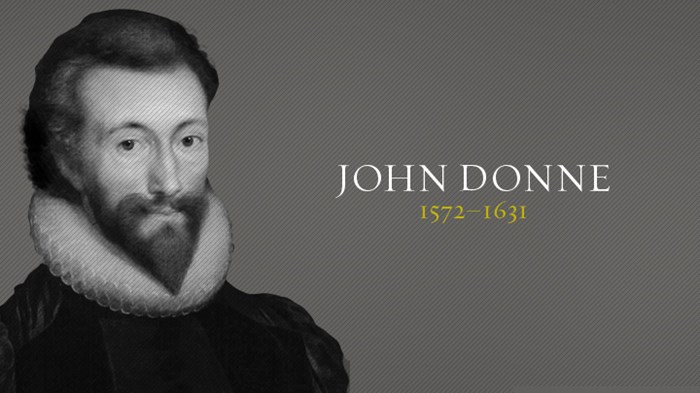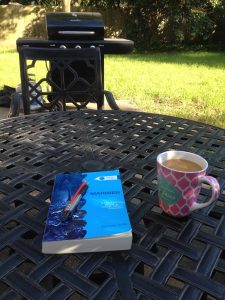
The older I get (66 at the moment), the more I am reading or rereading the books that have stood the test of time: classics in literature, history, and poetry.
I have read several books by Yancey. When I saw that he had put Donne’s essays in modern form, it was a no-brainer to buy the book.
In short, these essays are beautifully rendered by Yancey. Donne’s process of struggling with the horror of death and dying is realistic. He doesn’t sugarcoat the awfulness of it or as Scripture says, that it is the final enemy.
Donne’s coming to peace through realizing that only fearing God made sense of life and death takes time, but journey with Donne as he goes there. It is time very well spent!

